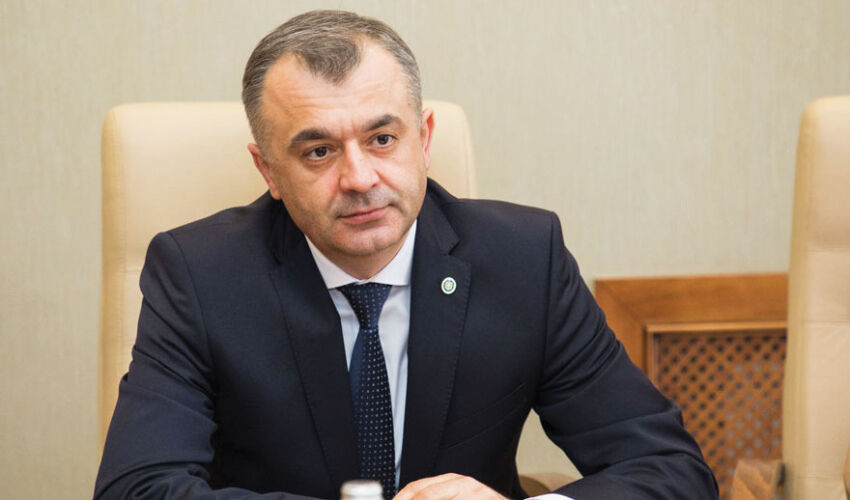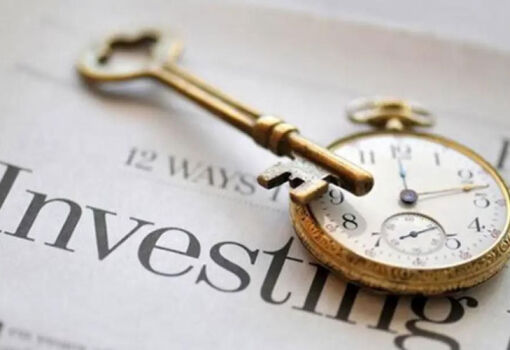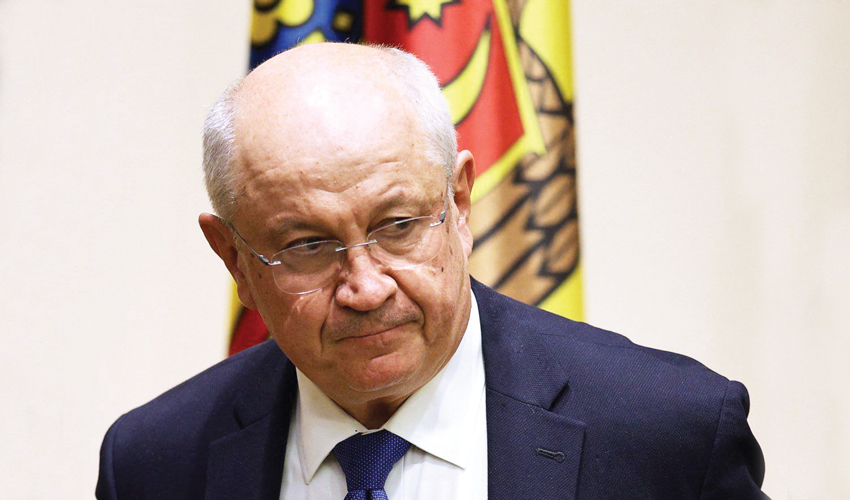
Ion Kiku
First, it is a more logical mechanism for paying a sales tax like VAT is. It is closer to the very essence of the tax. Secondly, VAT at the border started to be collected at a time when Moldova had serious problems with compliance with the tax legislation and with the administration of taxes, especially this one,” says Ion Kicu. – But a lot has changed in recent years, the system has become almost transparent due to the digitalization of the administration process. That is, even if the risks, which then served as a justification for the current mechanism, have not been completely eliminated, today they are minimal. This is said by all colleagues who worked in the tax administration system and are familiar with the situation”.
On the other hand, in order to increase or restore at least part of the investment attractiveness of our country, the authorities must urgently take stimulating measures. “I believe that this mechanism can become such a measure,” continues the former Prime Minister. – Economic entities should not and do not want to credit the state. Although, in fact, the current mechanism of VAT collection is a kind of budget support. At the same time, I know quite a few entrepreneurs, who have to take a loan from the bank to pay the tax at customs. This is not normal, so we believe that it is time to change this practice. Besides, as a result, importers’ funds will be freed up and they can use them to invest in development.
Besides, there is a problem of the so-called VAT residues in Moldova. It concerns many enterprises, primarily those involved in agriculture. The proposed measure will gradually turn these balances into working capital for them. “We believe that this will increase the investment attractiveness of our country for companies that supply equipment,” notes Ion Kiku. – Now, in order not to pay VAT, they have to resort to manipulations with authorized capital, etc. The current approach involves many difficulties. Our proposal removes many of them.
Any change carries certain risks. Over time, they are minimized. And in the case of changing the mechanism of VAT payment, risks are possible. And the main one is the possible loss of funds from the budget in the first three months of the year, when customs will not transfer VAT.
– But the business entity will pay the tax after the sale,” continues the interlocutor. – And if you analyze this point more deeply, the risk is not so great. Firstly, because the amounts are small, and secondly, there is an obligation to pay for large importers. Because now it happens as follows. When an entrepreneur imports goods and pays VAT, the amount of credit tax increases and the amount payable decreases. If we change the system, he will not pay VAT when he imports. He will have less funds in the debit, accordingly, he will have to pay more VAT at the time of sale. That is, these amounts will partly compensate for the cash gap that has arisen.
The proposed measure solves, among other things, the problem of speculative overstatement of the customs value of goods at import. It is no secret that this issue has been troubling businesses for many years. In order to fulfill the collection plan, customs officers may overestimate the value of goods. Changing the mechanism of VAT collection in this sense may become an anti-inflationary measure. Because the increase in customs value is ultimately borne by the buyer. All these nuances will have to be taken into account.
It is clear that the new mechanism will entail a change in the procedure at the level of administration. Both at customs and in the State Tax Service. It will be necessary to amend the legislation by approving amendments to the TC, TC, etc. in the Parliament, as well as to prepare the regulatory framework. Therefore, ideally, the change could be adopted as part of the fiscal policy package for 2026, so that the law would come into force a year after its approval – from January 1, 2027. And during this time to prepare all parties to the innovation.
“This measure can provide some response to the recession,” summarizes Ion Kiku. – Of course, it should be introduced as a package, along with other measures of a similar nature. These include a zero rate on profits not distributed as dividends. This could also include the restoration of industrial platforms as one of the ways to industrialize the country. We started creating them in 2020. If we return to the issue of added value, it can be increased by changing the paradigm of development in agriculture. So that raw materials are processed in Moldova, and not exported from the country at low prices. For this purpose it is necessary to differentiate subventions. We should pay more for processing than for exporting raw materials. This will help to increase the share of processing of agricultural raw materials in the country”.













